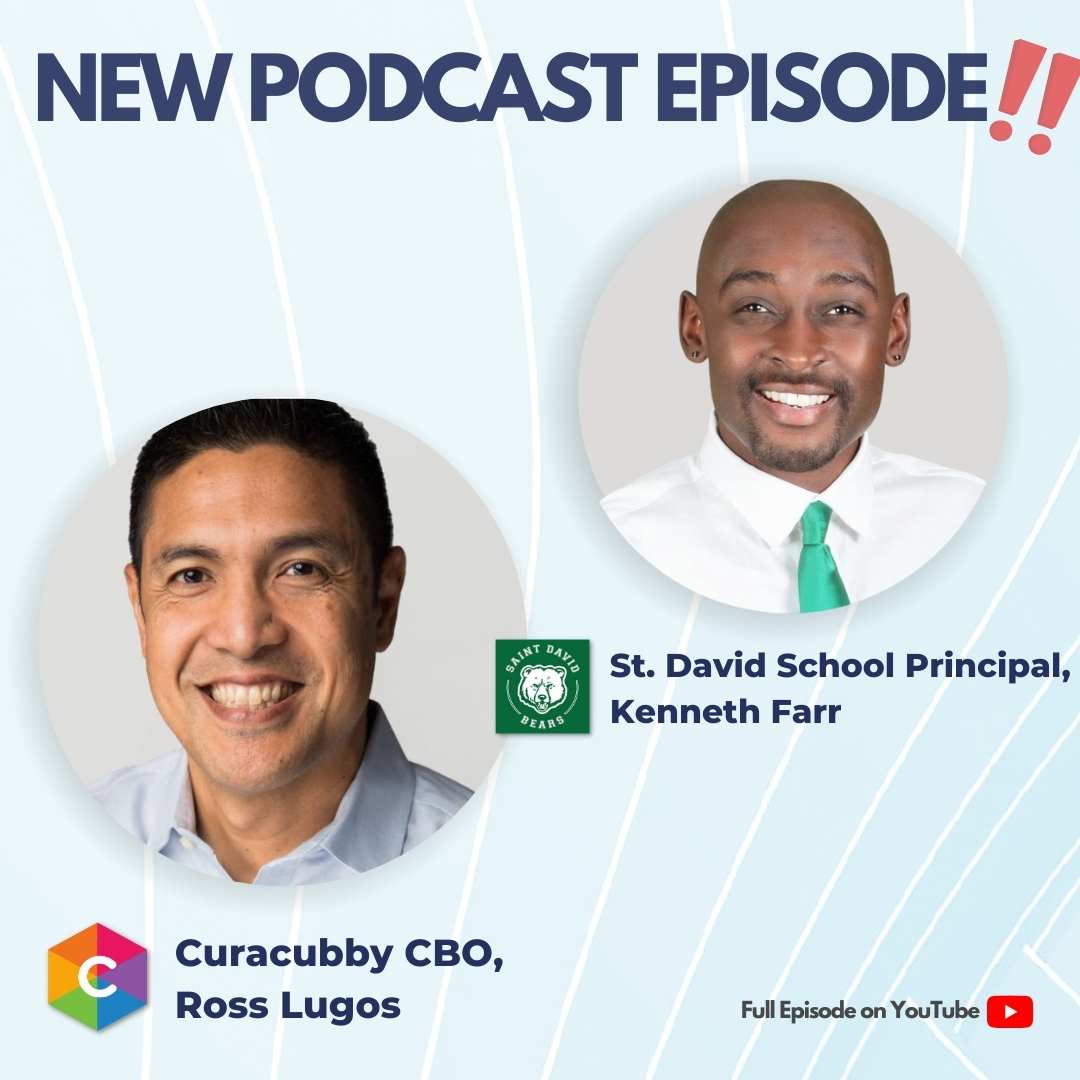10 Fun After School Activities For Middle Schoolers To Consider

10 Fun After School Activities for Middle Schoolers to Consider
For those looking to instill into young people some of the relevant life skills that schools can’t provide, afterschool activities for middle schoolers are the perfect place to do it. Still, there’s a delicate balance to navigate, so in designing a program, it’s important to know what children will get out of it and what they’re capable of.
To help you find this sweet spot, we’ve put together a list of ten middle school after school activities that any program can handle on a budget. First, let’s talk about why that’s so important.
What Makes After School Activities for Middle Schoolers so Important?
Middle schoolers are entering a transitional stage in their life where a balance needs to be found between too much responsibility and not enough. Neglecting young people at this stage can lead to significant hindrances later in life, yet, as children, the responsibility they’re handed needs to be in alignment with what they can handle.
This makes the role of an organizer of after school activities for middle schoolers a tricky one, in which the programs need to have enough freedom to explore, but remain safe and controlled enough to be educational.
For kids in middle school, after school activities should be stimulating, but not exhausting; educational, but not repetitive or rigorous; relevant, but not too in-depth to make them overwhelming. A good program sets young people up with the skills for the next stage of their journey – a journey that will lead them through some of the most confusing times and into the relatively deep waters of adulthood.
With this in mind, here are ten fun ideas that we’ve chosen specifically for middle schoolers.

Top Ten Middle School After School Activities
Each of these clubs meets a different set of needs, but there will be significant overlap between some. The most effective activities will act as a medium and cover a lot of ground and factor in multiple life lessons around the main theme.
1. Athletics
Sports clubs are an effective way for middle schoolers to blow off some steam, but there’s more to good after school sports programs than just exercise. As a versatile option, an athletics program can meet every child wherever they are in their physical development and provides a conducive environment to teach teamwork and collaboration.
It’s also a way to introduce kids to potential career paths and healthier lifestyles, and elements of health such as nutrition and exercise can be a primary focus.
2. Language and Culture
By exploring languages and cultures from other parts of the world, this after school program promotes familiarity with diversity both on a local and global scale. Focusing on languages is a good way to approach this, and can be mentally stimulating while imparting useful life skills such as tolerance and a healthy curiosity for the unknown.
3. Coding Classes
As the work becomes more technological, it’s not only verbal languages that can benefit the next generation of adults. Coding and computational thinking ties into much of what your middle schoolers will be doing in their own time on their devices, and kids of this age are ready to start to piece together how the technology they use daily works, and how it impacts their lives.
This is also a great way to teach problem-solving and patience, as well as practical coding and circuiting skills.
4. Cooking Classes
As part of a drive to educate young people on independent living, cooking classes can be a great platform to expand the horizons of young people. Learning where food comes from, how it’s grown, the benefits of a balanced diet, and the effects of a bad one, are all key elements that can be easily woven into the curriculum.
Cooking classes are also a hands-on approach to learning and engage children by providing them with a tasty reward after class.
5. Life Skills
This is another program that begins to train future adults. While school teaches people how to enter the working world, a life skill program can help fill in a lot of the gaps when it comes to actually living in it. Teaching simple tasks such as how to use a washing machine or understand manipulative prices of products helps to impart personal responsibility into young people and cultivate independent adults.
Many of the skills you’ll identify when planning activities for this will be applicable to other programs, too, so it can be useful to keep them in mind when designing other clubs or activities.
6. Improv Groups
Youth improv is certainly based on entertainment but it hides so many deeper benefits. Self-confidence, communication, creativity, and teamwork are all skills required to improve in this art. The programs can vary in length and complexity and are well suited to middle schoolers who are beginning to experience biological changes and the uncertainty that comes with that.
7. STEM Clubs
A STEM club can be a change in approach to science, math, and tech. Taking away the exams and the grading, and altogether removing the pressure from kids to make these topics more thrilling and engaging than their in-school equivalent can mitigate the risk of disengagement with the topics that come from regimented learning. STEM programs can offer only the most exciting components of each topic and help foster a curiosity and enthusiasm that will be carried with children into their further education.
8. LGBTQ+ and Sexual Education Clubs
Middle schoolers are at the perfect age to start learning about sexuality and the diversity within it. This will be the exact time that certain questions come up that need to be answered openly and honestly for the sake of guidance. This club allows kids to learn about one another and themselves, as well as how to show respect and love for those who are different from they are.
This can be a starting point for discussing relationships in general, and the emotional intelligence and communication involved in them. It’s also a good opportunity to tie in lessons about sexual health and consent, or other key information that will help them mature safely and responsibly.
9. Entrepreneurship Club
Middle school is a good time to begin covering the basics of economics and money. An entrepreneurship program may have multiple activities that can start to explain how money is made, where it goes, the concept of taxation, and various other fundamentals to understanding the economic world they will be entering.
Financial literacy is a sorely lacking skill in young adults, and this leads to devastating consequences that may be avoided with an engaging after school program.
10. Engineering Clubs
Engineering covers a wide range of topics relating to how things work and the science behind them. This is another club that can be almost infinitely varied and tailored to the specific needs of the audience. Topics like recycling, clean water, the fundamentals of electricity, mechanics, and agriculture are all useful and entertaining ways to stimulate middle schoolers.
Conclusion
Any of these suggestions come with numerous opportunities for middle schoolers to learn applicable skills and knowledge that they can take into their upcoming education and further into their adult lives. The key is to start with at the right level and with a more entertaining, low-pressure approach, to foster interest in topics that may be otherwise disengaging.
Whichever program you go with, check out Curacubby for an all-in-one platform to organize, schedule, and track the progress of the numerous tasks related to the club.









